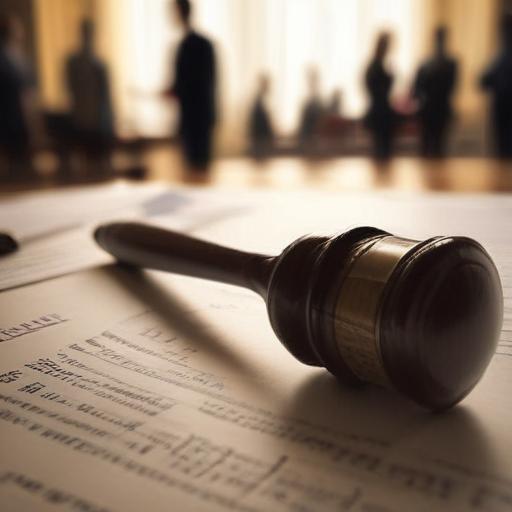The Trump administration has announced its decision to keep Columbia University protester Mahmoud Khalil in detention, following a federal court ruling that advised against holding him based solely on foreign policy concerns raised by the Secretary of State. Instead, Khalil, a legal permanent resident, is being held on allegations related to inconsistencies in his green card application.
U.S. District Judge Michael Farbiarz indicated that the case against Khalil lacked the basis for continued detention exclusively on the immigration application issues. He emphasized that Khalil’s ongoing detention was resulting in irreparable harm to his professional life, family, and free speech rights.
Khalil, who was detained during pro-Palestinian demonstrations, contests the allegations against him, particularly claims made by the administration indicating he was associated with the United Nations Relief and Works Agency for Palestine Refugees. He clarifies that his involvement was limited to a university-approved internship.
Khalil’s legal representation, bolstered by support from organizations like the American Civil Liberties Union (ACLU), argues that he has adhered to court demands for release. They have criticized the government’s maneuvering to extend his detention, calling it unconstitutional and arbitrary. The ACLU has voiced this sentiment through various channels, including a video featuring prominent actors reading a heartfelt letter Khalil wrote to his newborn son from jail.
Khalil was arrested on March 8, marking one of the first detentions stemming from the Trump administration’s policies targeting students involved in pro-Palestinian protests. His case highlights ongoing tensions regarding immigration, free speech, and political dissent in the context of U.S. foreign policy.
In light of these events, it is essential to recognize the implications for free expression, particularly in academic settings. Khalil’s situation underscores the importance of maintaining an open dialogue about political views and activism without fear of persecution. As these discussions unfold, it is hoped that they will lead to greater awareness and protections for individuals asserting their rights to free speech and political participation.
